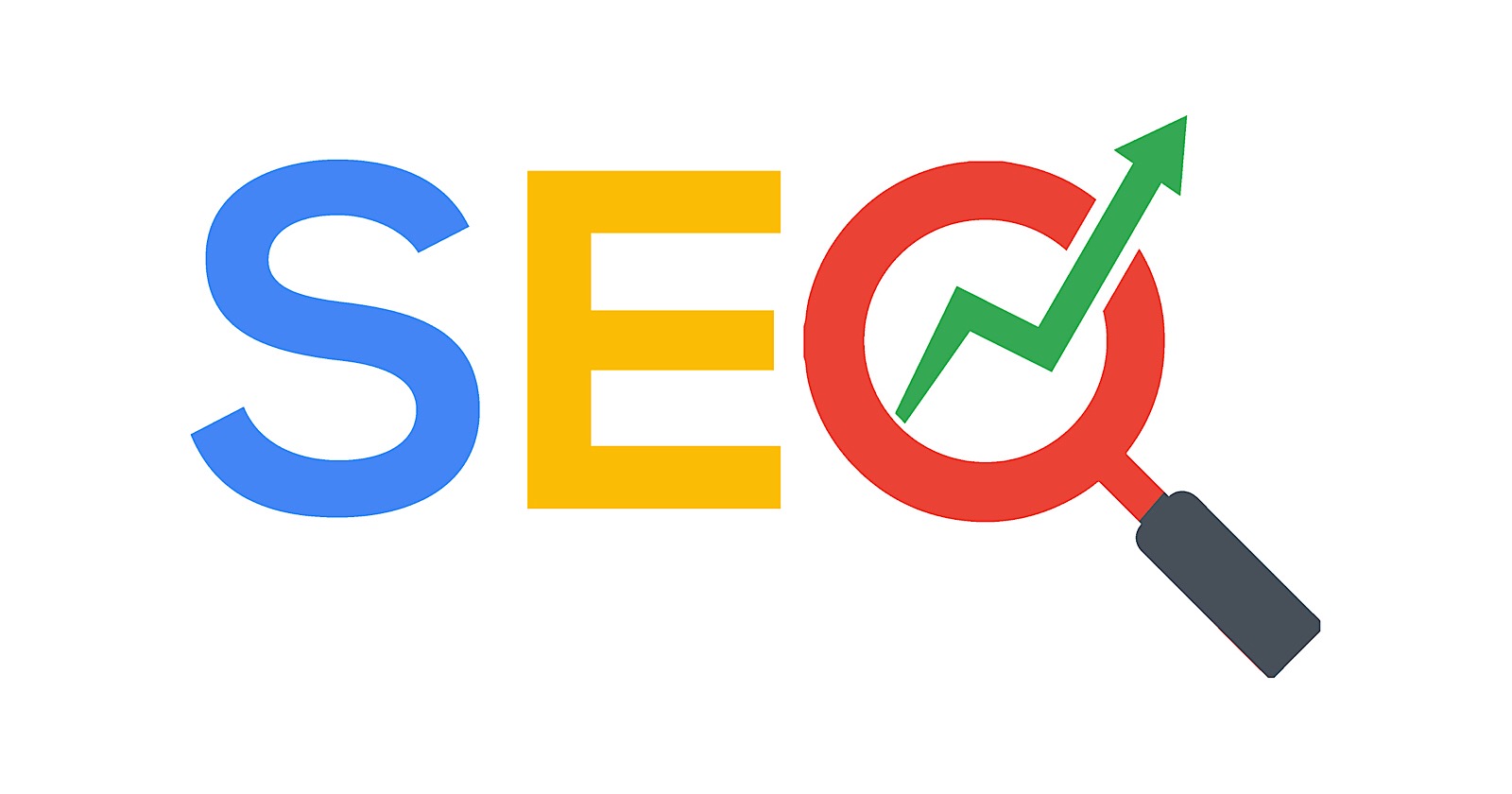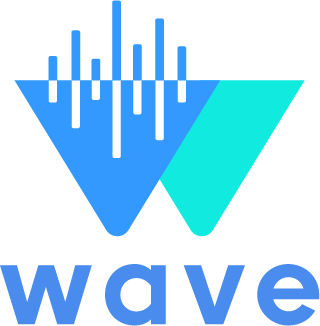What does Google's new SEO update mean for you?

Share this post
Google is rolling out its biggest update to its search algorithm for the last 10 years. This change can be worrying for businesses competing for search rankings and you might be nervous about how the update will impact your business. Don’t worry – Wave’s SEO experts have put our minds together to come up with tips on how your business can continue to thrive on search.
So you may be aware that Google has been working on an update to better improve its search service. They continually listen to users and update the Search function to make sure that they’re helping us to find high quality and relevant content as and when we search for it.
→ Check out our Ultimate Guide to Search Engine Optimisation
There’s often been times when many of us feel the frustration of visiting a web page that seems like it has what we’re looking for, but doesn’t live up to our expectations. The content might not have the insights you want, or it may not even seem like it was created for, or even by, a person.
Google has stated that they work hard to make sure the pages displayed on Search are as helpful and relevant as possible. To do this the company constantly refines its systems and last year, Google launched thousands of updates to Search based on hundreds of thousands of quality tests. This included outcomes and evaluation that they had gathered through feedback from human reviewers like you and I.
Better ranking for original quality content
Google states that they continually update Search to make sure that they are helping you find high-quality content. As such, this week, they are launching a “helpful content update” to tackle content that seems to have been primarily created for ranking well in search engines, rather than to help or inform people. This ranking update will help make sure that artificial, unoriginal and low quality content doesn’t rank highly in Search. Initial internal testing at Google has also found that this will especially improve results related to online education, arts and entertainment, shopping and tech-related content.
For example, if you search for information about a new book that you’ve heard a friend talking about, then you might have previously been shown articles that gathered reviews from other sites without adding perspectives beyond what’s available elsewhere. This therefore isn’t very helpful if you’re expecting to read something new with a fresh perspective. So with this update, you’ll see more results with unique, authentic information that is also relevant, so you’re more likely to read something you haven't seen before.
For our advanced SEO experts out there reading this, you’ll be interested to know that the ‘classifier’ for this update runs continuously, allowing Google to monitor newly-launched sites as well as the existing ones. As it determines that the unhelpful content has not returned in the long-term, the classification will no longer apply.
This classifier process is entirely automated, using a machine-learning model. It is not a manual action nor a spam action. Instead, it's just a new signal and one of many signals Google evaluates to rank content.
This update will initially only impact English searches globally to begin with and the plan is to expand to other languages in the near future.
How can you rank highly after the new update?
It’s so important to focus on people first content and Google does in fact provide long-standing advice and guidelines to create content for people, not for search engines.
Ask yourself the following questions to establish whether you’re on the right track when it comes to your people first approach:
- Do you have an existing or intended audience for your business or site that would find the content useful if they came directly to you?
- Does your content clearly demonstrate first-hand expertise and a depth of knowledge (for example, expertise that comes from having actually used a product or service, or visiting a place)?
- Does your site have a primary purpose or focus?
- After reading your content, will someone leave feeling they've learned enough about a topic to help achieve their goal?
- Will someone reading your content leave feeling like they've had a satisfying experience?
- Are you keeping in mind our guidance for core updates and for product reviews?
Equally, there are also elements that are important to avoid in order to create great content that coincides with these latest updates from Google. Don’t forget that SEO is a helpful activity when it's applied properly to people-first content. However, content created primarily for search engine traffic is strongly associated with content that searchers find unsatisfying.
Answering yes to some or all of the questions is a warning sign that you should reevaluate how you're creating content across your site:
- Is the content primarily to attract people from search engines like Google, rather than made for people?
- Are you producing copious amounts of content on different topics in the hope that some of it might actually perform well in search results?
- Are you using extensive automation to produce content on many topics?
- Are you simply summarising what others have to say and have already written without adding much value?
- Are you writing about things simply because they’re trending right now and not because you'd write about them otherwise for your existing audience?
- Does your content leave readers feeling unsatisfied and like they need to search again to get better information from somewhere else?
- Are you writing to a particular word count because you once heard that Google has a preferred word count? (Which they don’t by the way!)
- Did you decide to enter some niche topic area without any real expertise, just because you thought you'd get search traffic?
- Does your content promise to answer a question that actually has no answer?
At this stage it’s worth familiarising yourself with the General guidelines from Google that will help them find, index, and rank your site.
We also encourage you to pay very close attention to their Quality guidelines too. These outline some of the illicit practices that may lead to a site being removed entirely from the Google index or otherwise affected by an algorithmic or manual spam action.
How can we help you?
Do you have a business, a brand and an ethos, but no one can find you online?
We’ve found that many web design agencies are super skilled at the technical elements of a website build, such as the code and design (which is great!) but they’re out of touch with the audience and how businesses actually work.
We’re Google experts here at Wave so we can ensure that your business’s website is SEO friendly, gets people on your website and ultimately buying your products or services.
Our team all come from a variety of marketing backgrounds, ranging across higher education and business technology to the NHS and third sector. This means that we approach website content and SEO in a research-driven, data-driven, results-driven, real world type of way. We become experts on your business, your industry and even your locality. We look beyond the short term trends and identify how real people interact with your brand.
We operate using the following set of objectives that have proven results success for our existing clients:
- Keyword research that meets actual demands
- Making your website content relevant
- Communicating with other websites using backlinks
- A great user experience on mobile devices
As part of the standard package that’s available Wave will also submit your business to Google to help the search engine scan your website and get you ranking in the search results quickly - at no extra cost. By being submitted to Google and having a Google Business account, you can get online reviews and build trust with your audience, which is essential in today’s competitive market.
It also lets someone find you on Google Maps. If someone searches for a “plumbing business near me” or “chiropractor in Brighton”, for example, your physical premise can lead people to your website, giving you an advantage over your competitors.
By being on Google Maps and having a Google My Business account, you also get a little boost up the rankings - every little helps!
So if you want to get in touch because you have more questions or because you want to take the next step, then just click on the button below and say hello.
What is SEO you may ask?
Search Engine Optimisation (SEO) is basically the process used to optimise a (your) website's technical configuration, content relevance and link popularity for browsers. This then means that its pages can become easily findable, more relevant and even more popular when it comes down to search queries. As a result search engines like Google then rank them better - which is key when it comes to market competition.
Google will often recommend SEO efforts that benefit both the user search experience and your page’s ranking. This can be achieved by featuring content that fulfils user search needs, which we’ve touched on earlier in this article. This will include the use of relevant keywords in titles, accurate meta descriptions and headlines (H1), alongside descriptive URLs with keywords rather than strings of numbers.
For many of us, the term “search engine” is synonymous with Google, which has about 91% of the global search engine market (as of July 2022). So because Google is the dominant search engine, SEO typically revolves around what works best for Google.





